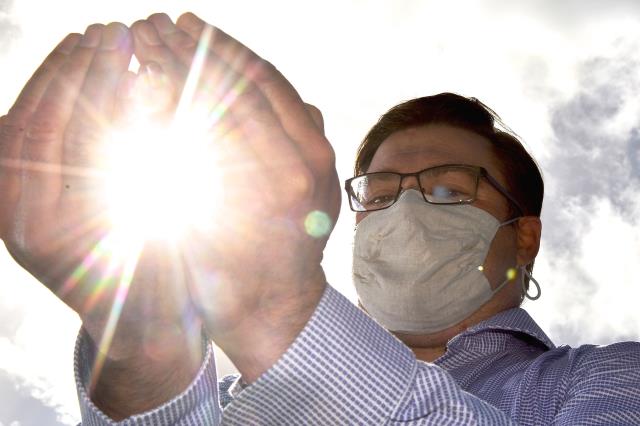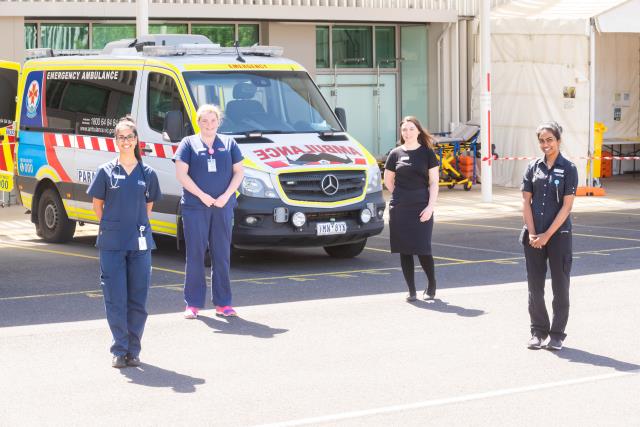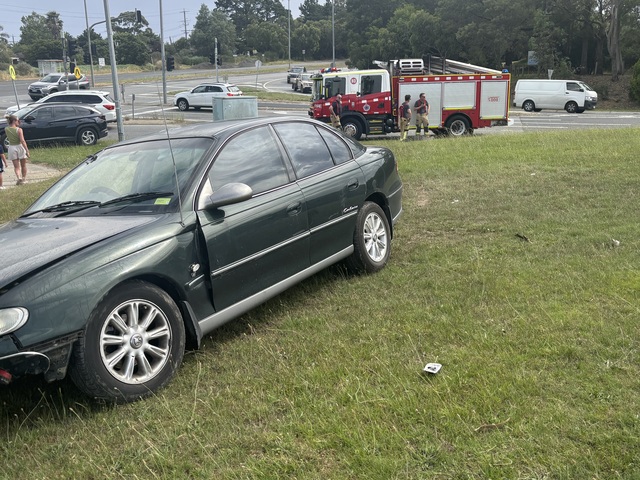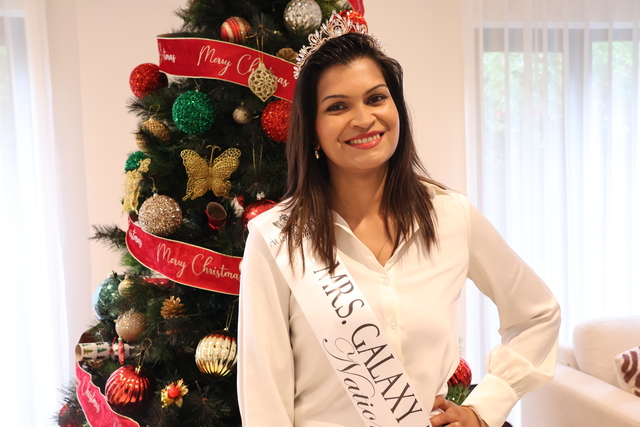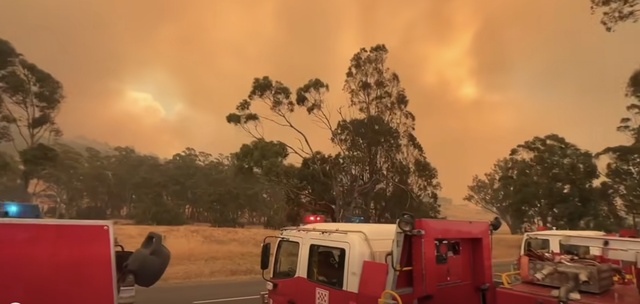Climate resilient housing, a minimum standard for renters, availability of cool spaces, and increasing tree cover are among the actions that members of the South East want to see taken to address climate change, according to a survey.
Greater Dandenong rates as the worst municipality in the southeast on the heat vulnerability index and its tree canopy cover is under 10 per cent, concerning Greens councillor Rhonda Garad who is hopeful of introducing by-laws to address the issue.
The proposal will result in private landholders requiring a council permit to remove large trees.
Details of the criteria, including size thresholds, are expected to be confirmed in June.
Similar by-laws have been introduced in other council areas.
“We need to shift our thinking of trees towards realising they are a community asset,” Ms Garad said.
“We need a critical mass of trees to make a difference. ”
Eighty per cent of respondents want more trees in their suburb to cool it, according to the survey conducted by climate adovcacy group ‘Sweltering Cities’ that attracted 2147 responses nation-wide.
Ms Garad also said preliminary talks were underway with Kingston Council about a “biodiversity corridor” which would increase greenery in the municipalities.
Another issue raised was the effects felt by renters on hot days – Cr Garad said council would continue to advocate to state and federal government for a minimum standard that landlords have to meet to insulate homes, with the municipality having 6.2 per cent more rented dwellings than the state average.
Across Australia, 45 per cent of renters would like more insulation in their homes and double as many renters as non-renters live without air-conditioning.
Daniel Pleiter from the South East Councils Climate Change Alliance (SECCCA) said that while a minimum standard remained absent, there were little changes landlords could make so homes could be bearable during heatwaves: design the house so it is able to be sectioned off, install a split system, establish shading, have windows orientated east/west.
“It’s a serious concern to the community and councils, state and federal governments should be looking at how we respond because there is a sense of vulnerability among the community that is going unaddressed,” he said.
“They are concerned about heatwaves, storms and fires seeing it happen in other states and they want to see action so organisations like ourselves are able to provide direction on how to meet some of these concerns and we would support any projects and funding that would help address them.”
Amid speculation among attendees that renters may be too fearful to speak out about a lack of cooling, the results also revealed that 86.5 per cent of people think governments should set minimum standards for rental homes to ensure they are kept at liveable temperatures.
The fate of the homeless was also discussed at the forum, with one survey response showing a suggestion for these people to have free access to public pools on hot days.
“Unless there is a strategy in place to help the homeless people to shelter, then they will be vulnerable and the last thing we want to see is people to perish because of something that is completely preventable,” Mr Pleiter said.
Given the City of Greater Dandenong has the highest rates of homelessness in the state, it is an issue that Cr Garad wants to see addressed.
‘Sweltering Cities’ held a forum at Springvale Library on Tuesday 24 May, revealing the results of the survey and facilitating a dialogue.
A total of 82 respondents completed the sweltering cities survey in the southeast.
There were 15-20 community members in attendance including Cr Garad and representatives from SECCCA.
In January 2020, the City of Greater Dandenong declared a climate and ecological emergency.

